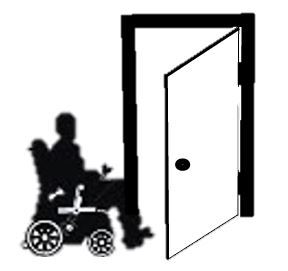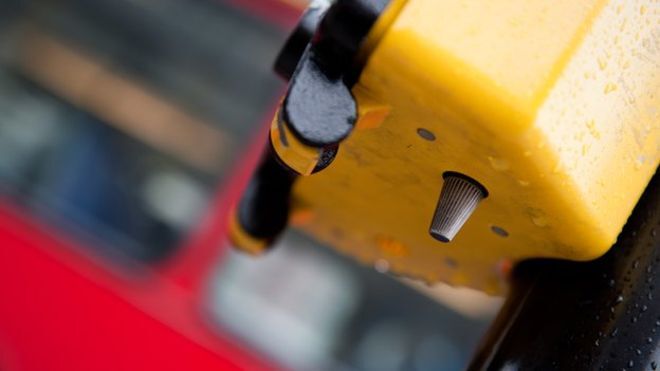Campaigns
Help us to help the Blind & Visually Impaired
We are running a new awareness campaign that focuses on the danger on the streets to the blind and visually impaired.
Below are some of the dangers illustrated by photographs:
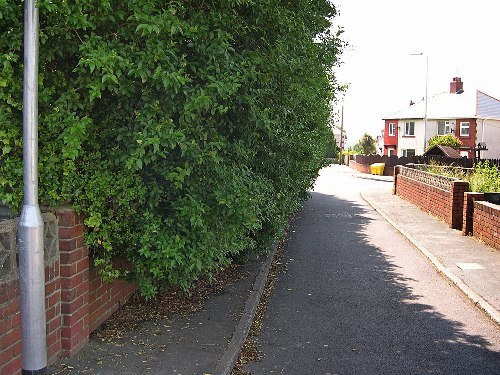 |
 |
|
||
|
Overgrown Trees, Hedges & Fallen leaves |
|
Chairs and Tables outside | ||
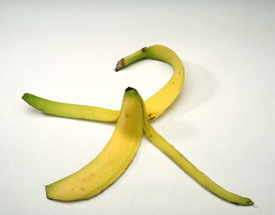 |
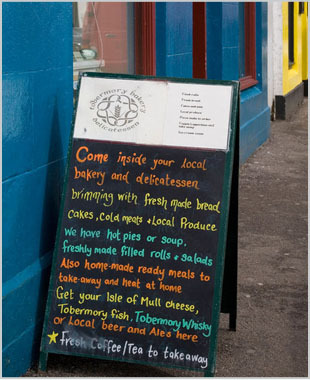 |
|||
| Litter: (Discarded Banana skin, slip hazard) |
Advertising boards outside restaurants |
|||
 |
 |
|||
| Potholes in the road, a trip hazard |
Fly-tipping (Dangerous hazards) | |||
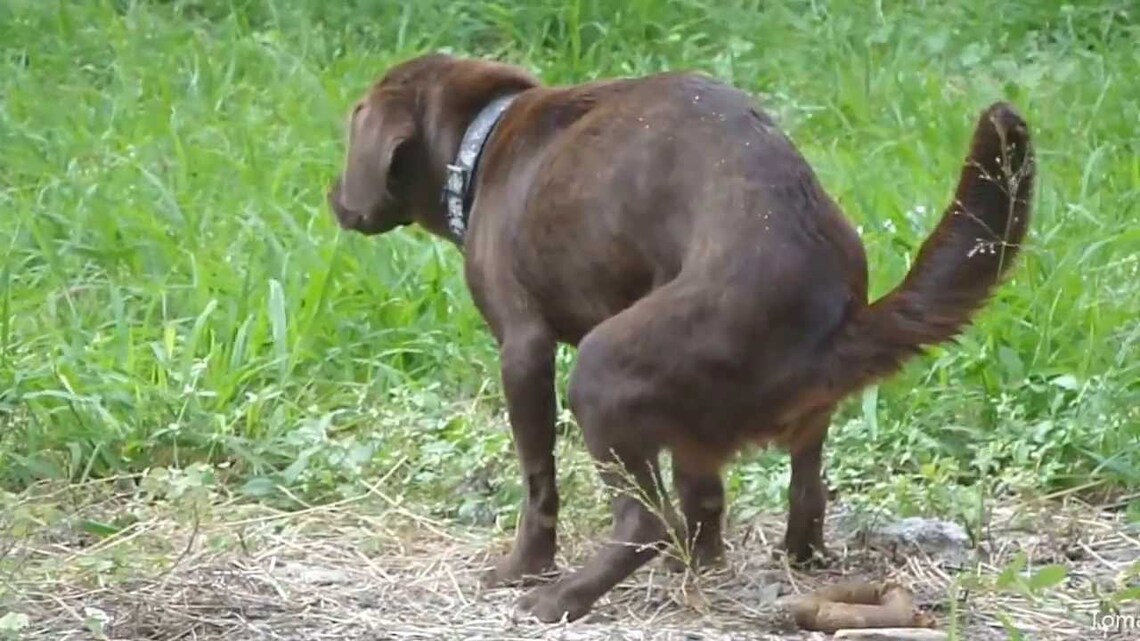 |
When you take your dog out for a walk and it does its business, Please clean up by scooping up your dogs poop. Leaving the poop on the ground is a health hazard to the public especially to the blind, visually impaired and young children, it is also a slip hazard. If you see disgarded dogs poop on the street Please contact your local authority to report this disgarded dog fouling. |
|||
|
If you see any of these issues illustrated by the photographs above, please report them by contacting your Local Council. This could save a visually impaired person seriously hurting themselves, and also reporting a trip hazard that could also harm others. |
||||
|
Please have a thought for the Blind, Visually Impaired or next person to use the toilet after you, if you have Sprinkled when you Tinkled, Please be neat and Wipe the seat. It is not nice for anyone to sit on a Soiled seat, therefore Please Clean the Seat after you! |
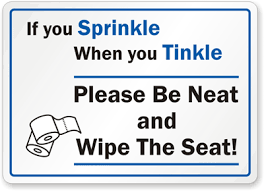 |
|||
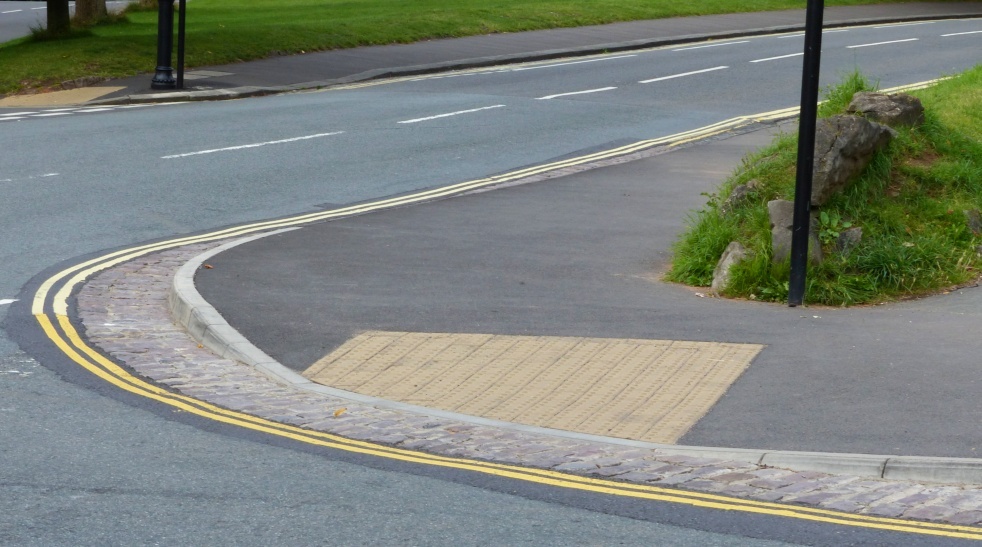 |
Please be careful and awere of where you have parked, as local althorities use tactile paving to warn the blind and visually impaired they are coming to a droped kerb and a road. The way to reconise tactile paving, it has raised circular studs within the paving; (some have metal studs drilled into the pavement) tactile paving is found where the is a crossing coming in the road. If you park acoss a dropped kerb with tactile paving, you could incurre a fixed penelty notice. (a parking fine.) Check and be awere of were you are about to or have parked. |
|||
|
Did you know these cones existed? Few seem to know about this useful little device, in many areas of the country this cone can be found in most high streets and busy main roads with their hand touching the cone waiting for it to spin, when the cone begins to spin this indicates that the traffic lights have turned to red and the for the sighted person the green figure is illuminated. |
||||
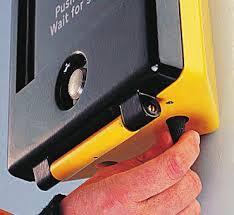 |
Not all crossings make sounds. If two crossings are close to each other neither will beep to prevent pedestrians being misled by crossing into oncoming traffic at the road, tactile indicators, (such as tactile paving and the cone on the crossing control box.) Audible signals are unsuitable for the deaf-blind as they are unable to hear them. The cones provide the same information as the audible beeping signal but in a tactile form.
You could try it out for yourself. Do as blind, visually impaired and deaf-blind do and stand at the crossing with your hand under the control box |
|||
|
touching the cone and wait for the cone to spin Beware, in winter the metal control box can be freezing cold. |
||||
|
Pot in the fridge As a tribute to Joan Stewart, We are re-launching the pot in the fridge campaign. Being that there was a news article about the campaign that she campaigned for the awareness of the Pot in the fridge. How does pot in the fridge work? You would put your medical records and personal details in a pot marked with a green cross, in a fridge or a cupboard within the household, with the fridge door or cupboard door marked with a green cross as well, so when you are found unconscious by a medical or professional crew who do not know you, they can look for the green cross which would be found on a fridge or a cupboard Read more about Joan’s story
Will you help us? Help us by keeping this idea alive by contacting your GP, Hospital, Councillor or MP and liking the idea on our new Facebook page. |
